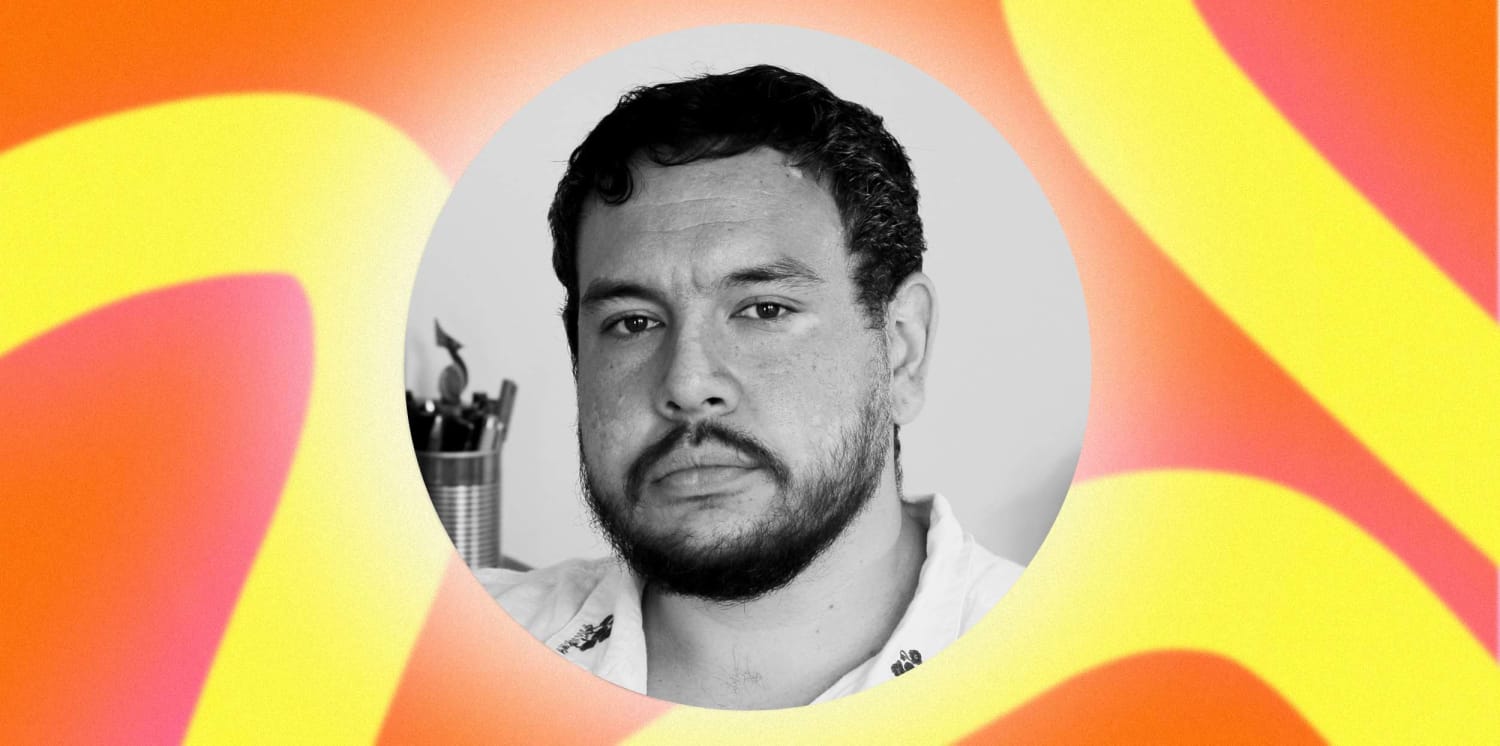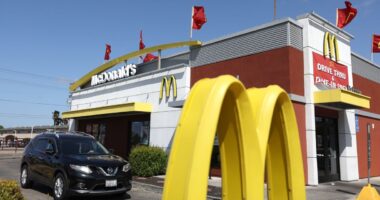In honor of Pride Month, NBC Out is highlighting and celebrating a new generation of LGBTQ trailblazers, creators and newsmakers. Visit our full #Pride30 list here.
Ahead of the first anniversary of his debut memoir, “Hola Papi: How to Come Out in a Walmart Parking Lot and Other Life Lessons,” John Paul Brammer says he wants to develop more opportunities for creatives of color who want to enter the industry.
“If ‘Hola Papi’ hadn’t gotten my foot in the door the way it did, I don’t think I would be doing any of the cool things I’m doing right now,” Brammer told NBC News. “It was not that long ago that I was one of those people just desperate to make something happen for myself, desperate to get into those rooms that I felt locked out of. It is a reminder that I now have a few keys to a few doors and I shouldn’t keep anyone out of them.”
“Hola Papi,” which was released last June, details the challenges and triumphs of growing up as a queer Latino in rural Oklahoma. Brammer, 31, is best known for his popular LGBTQ columns that have appeared in Them, Out Magazine, the Cut and now on Substack. He began his advice column, also named “Hola Papi,” on the gay dating app Grindr, which eventually inspired his memoir. He has also written for NBC News and The Washington Post.
As a Latino writer, Brammer says representation is important in helping people find their voice in the industry.
“We look to people who don’t know who we are and … they become possibility models,” Brammer said, adding that he hopes to be that role model for others, “Even if they never learned my name, and they only see me one time, doing one thing and they think, ‘OK, he’s doing it. I can do it.’”
Brammer pointed to his artwork, which he describes as a colorful ode to his Mexican-American roots, as a manifestation of this.
“Incorporating my culture and incorporating my personality into my art is a way for me to both be heard but also hopefully let others feel like they have something to say as well,” he said.
The debut and success of “Hola Papi” further echoed that there are people willing to invest in a unique perspective.
“That’s been so wonderful for me,” Brammer said. “There are people out there working very hard to make sure that we don’t go ignored.”
Brammer, now based in Brooklyn, recalled attending his first Oklahoma Pride parade more than a decade ago. The gay bars in the state are tightly clustered together, he said, similar to a “herd kind of coming together to protect each other.”
“What’s great about Pride in Oklahoma is that you really get this feeling of there’s like a community out there that’s looking out for you, that’s waiting for you, that’s there to sort of hold you if things get tough,” he said, adding, “It’s your job to look out for them, too.”
Looking back at his earlier Pride celebrations, Brammer said he continues to embrace the message of allowing one to evolve into their identity.
“There’s no right way to approach the concept of accepting yourself or being proud,” he said. “Your understanding of those things will change as you change.”
Source: | This article originally belongs to Nbcnews.com











